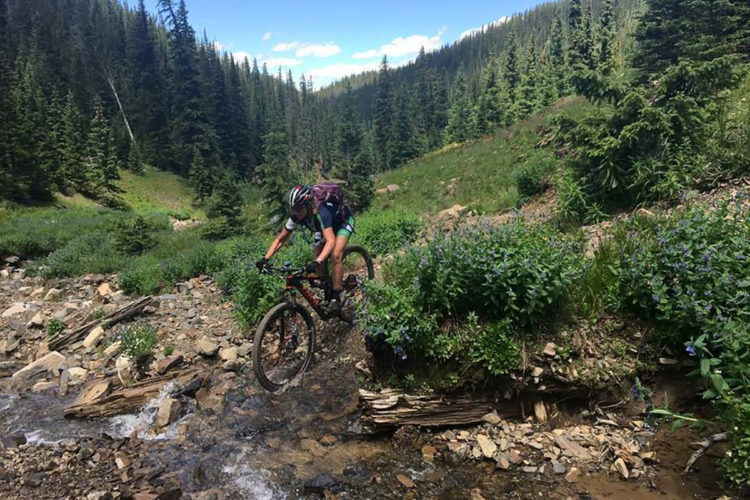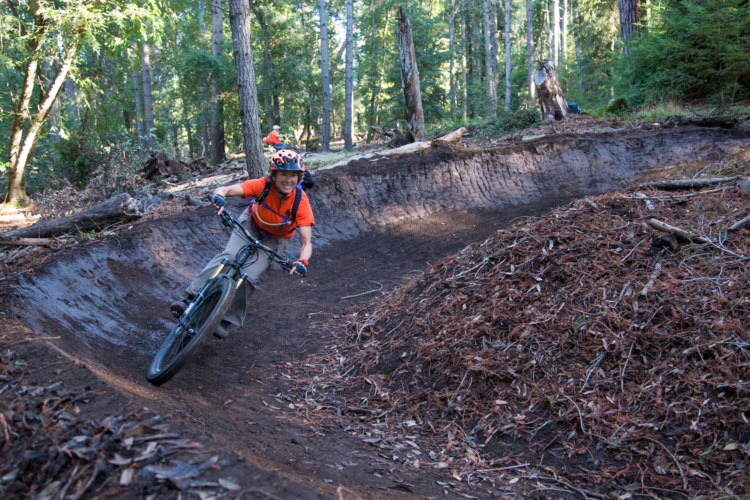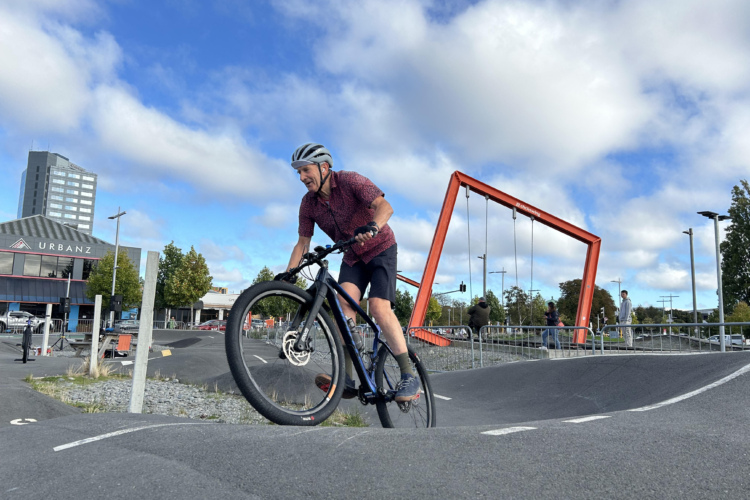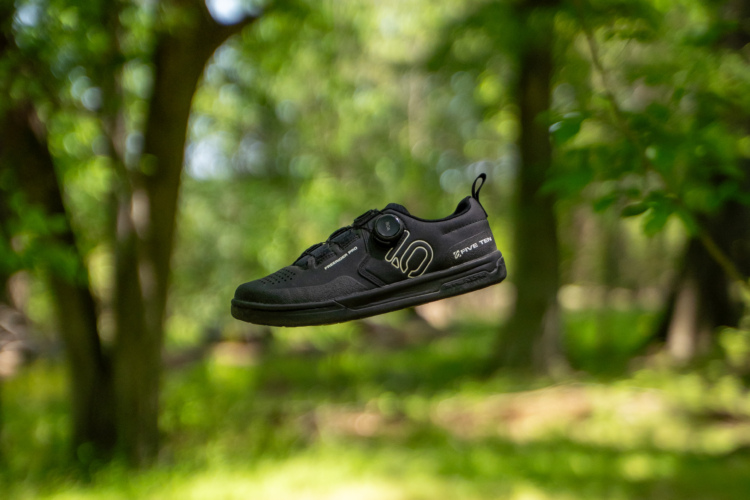
Julie Cornelius started World Ride two years ago with the intent to empower women globally through mountain biking, and the group has been growing steadily since.
World Ride offers guided mountain bike trips in Nepal and now Guatemala, and both fund the core of World Ride, which gets local women in both countries on bikes. A portion of funding from the guided trips is channeled into local programs where women learn to mountain bike.
The guided trips obviously aren’t cheap. A trip on the Annapurna Circuit in Nepal carries a price tag of $2,295, but includes transportation to and from the airport, meals, accommodations, and of course the guides, who are local Nepali women and are paid for their expertise.

Last year, World Ride added Guatemala as a destination and they plan to include Peru and Lesotho as destinations this year. The company started with two guides in their 2018 debut, and they are up to four now in Nepal. Cornelius first visited Nepal in 2017 to help make the film Moksha, a 20-minute documentary highlighting the female mountain bike scene in the country, where she got a deep sense of the culture.
When she visited three years ago, she remembers only a handful of women showing up on the group rides, but every time she’s been back, there have been more and more. For a culture that doesn’t necessarily embrace recreation — and it’s even more complicated for women’s recreation in Nepal — the experience has been uplifting for Cornelius.

“I want to make it about the local women as much as possible,” she says. Rather than flying herself back, or living in Nepal, Cornelius’ goal has always been to teach and enable the women in Nepal to teach themselves how to mountain bike. That’s how the change becomes more long-lasting.
Now there are upwards of 40 women that get together for group rides in Kathmandu. The city holds most of the mountain bike scene in Nepal. She says that the women are often apprehensive at first, and nervous, and intimidated, for a multitude of reasons. Mountain biking is intimidating to begin with for most people, and riding is far from the norm for women in Nepal.
“It’s hopefully changing,” says Cornelius. “That’s part of the mission of World Ride, to help break down some of those barriers. Hopefully women can get on a mountain bike and realize how much they’re capable of and take that and apply it to other areas of their lives.”
World Ride has a bike library in Kathmandu and they are up to about seven or eight mountain bikes that local women can check out and ride. They also try to have a decent inventory of gear on hand to make it easier for women to ride, since the cost of mountain bike gear is a big barrier.

Brands donate gear more often than cash, but the gear can also be used to generate money. World Ride holds movie nights at different locations and festivals, showing films like Moksha and others that highlight ladies on bikes, and they hold raffles for the donated gear to raise funds. Bikes themselves are of course the hardest to come by.
People can donate either money or gear to World Ride that will also be used to fund the local programs. Cornelius says that the gear is used as an incentive for participation as well, and women can earn things like a new kit by continually joining the rides.
It might seem like a small step, but it’s one piece of the puzzle, and Cornelius wants to keep getting women excited about mountain biking because she knows what the sport can do. She is a long-time instructor at Ladies Allride, and a champion for women’s mountain biking, and she doesn’t think there is any one answer to getting more women riding. It’s more of an essay question and response.

“I think mountain biking, in general, is an intimidating sport,” she said. “A lot of mountain bike media can be more extreme than what most people do.”
By getting more women involved and making the sport accessible to everyone, then the sport is more equitable across the board, from the US to Nepal. Media representation, making rides and clinics more approachable for women with female instructors, and having organizations that can hit different demographics all matters. Aptitude translates the same no matter which country someone is in.
“I know for me, if I see a female do something, I’m like ‘Oh, I can do that.”




















0 Comments